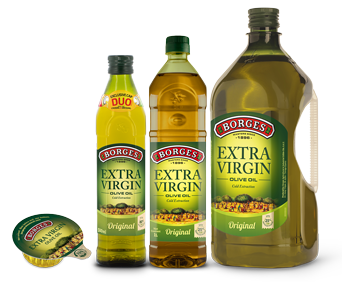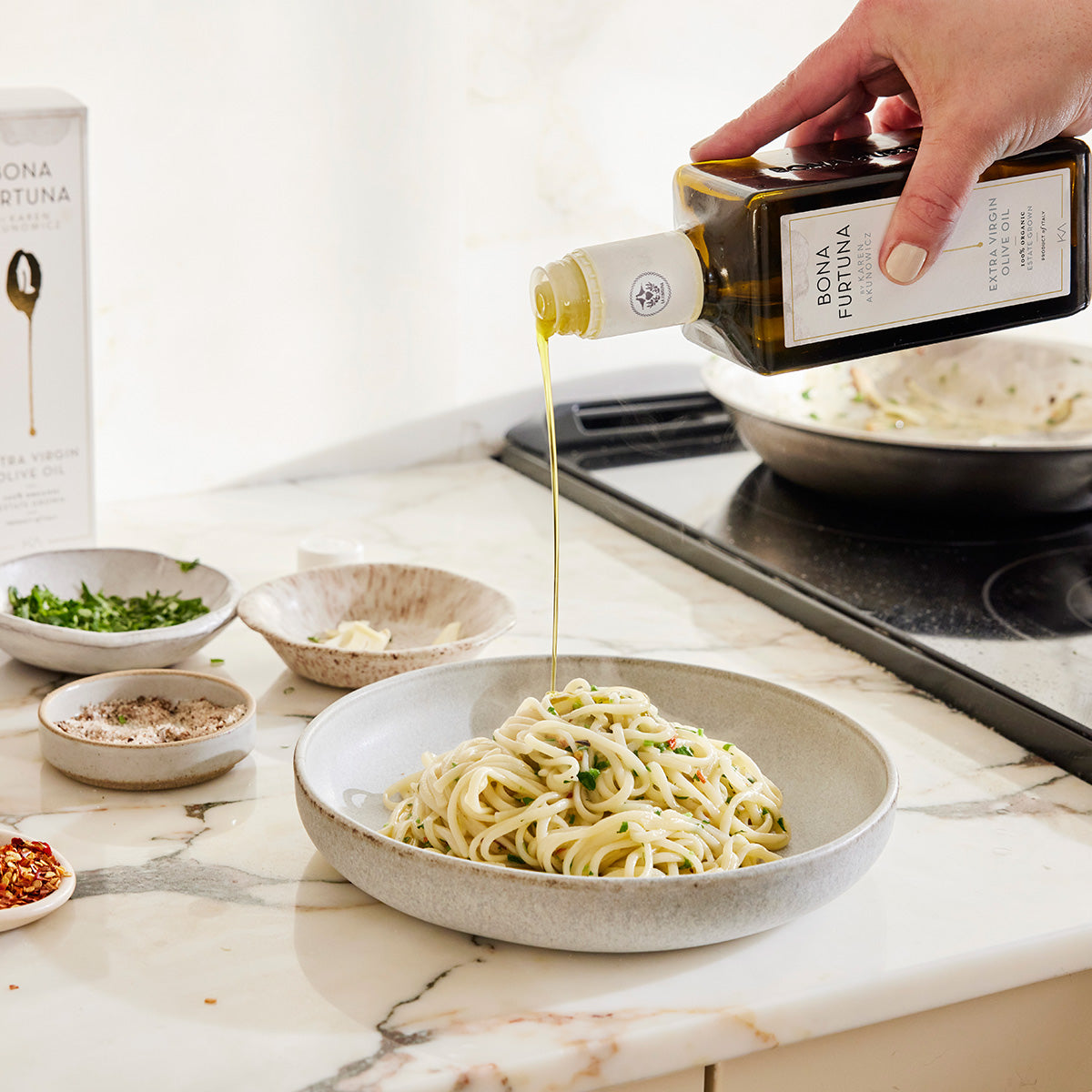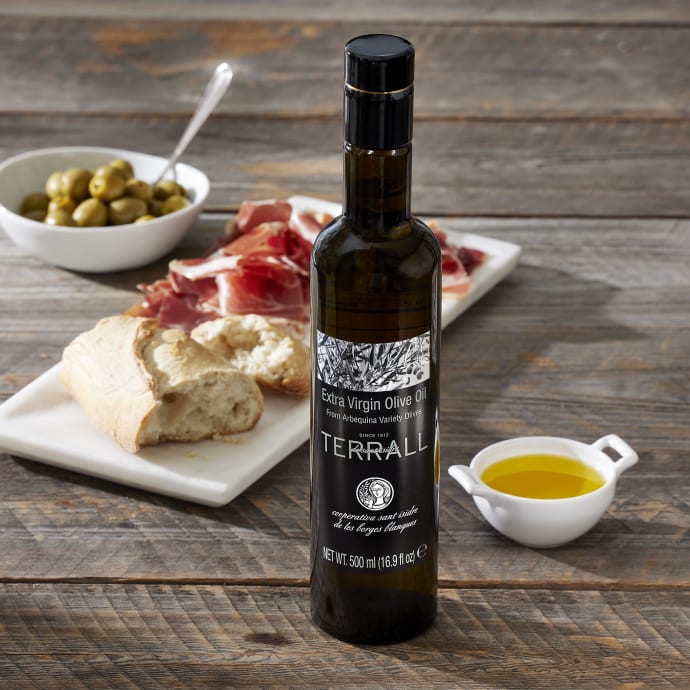Exploring the Extra Virgin Olive Oil Benefits for Reducing Blood Pressure
Exploring the Various Sorts Of Olive Oil and Their Uses, Consisting Of Additional Virgin Olive Oil
The exploration of olive oil includes a varied range of kinds, each offering distinctive flavors and cooking applications. Additional virgin olive oil, renowned for its superior high quality and wellness advantages, serves as a staple in lots of cooking areas, yet it is only one facet of this diverse active ingredient.
What Is Olive Oil?
Stemmed from the fruit of the olive tree, olive oil is a staple in Mediterranean cuisine and an essential component in various cooking applications. This flexible oil is generated by pushing entire olives, leading to a fluid that differs in taste, scent, and color depending upon the type of olives utilized, the region of farming, and the removal process. Olive oil is primarily composed of monounsaturated fats, especially oleic acid, which is recognized for its prospective wellness benefits, including anti-inflammatory properties and cardiovascular support.
In enhancement to its cooking uses, olive oil has a long history of application in standard medication and skincare, owing to its abundant antioxidant web content (extra virgin olive oil benefits). The oil is usually made use of in dressings, marinates, and for cooking approaches such as sautéing and roasting. Its distinctive flavor profile can enhance the preference of numerous dishes, making it a vital active ingredient for both home chefs and professional cooks
Furthermore, olive oil is celebrated for its role in the Mediterranean diet plan, which is related to various health advantages. As understanding of these advantages grows, olive oil remains to obtain popularity worldwide as a fundamental element of a healthy and balanced lifestyle.
Types of Olive Oil
Recognizing the different kinds of olive oil is important for both health-conscious customers and cooking lovers. Olive oil is classified largely based upon its extraction approach and quality, which substantially impacts its health and wellness, taste, and aroma benefits.

Light olive oil, in spite of its name, refers to a lighter flavor and not reduced calories. It is suitable for those looking for a more refined preference in marinades and dressings. Furthermore, there are flavorful olive oils infused with herbs, spices, or citrus, which can enhance dishes without the need for extra seasoning.
Each kind of olive oil serves details culinary functions, and understanding these differences permits customers to make informed options that align with their cooking designs and health and wellness objectives.
Bonus Virgin Olive Oil
Extra virgin olive oil (EVOO) is commonly related to as the best olive oil readily available, well known for its abundant flavor and countless health and wellness benefits. To be categorized as extra virgin, the oil needs to be created from fresh olives using mechanical processes, without making use of solvents or excessive warmth. This careful approach protects the oil's all-natural flavors, anti-oxidants, and healthy and balanced fats, this page resulting in a product with a reduced level of acidity level of much less than 0.8%.
EVOO is plentiful in monounsaturated fats, especially oleic acid, which is linked to minimized inflammation and improved heart health. It likewise includes polyphenols, powerful antioxidants that may offer safety effects versus persistent diseases. The flavor profile of EVOO can vary substantially depending on the olive range and area of manufacturing, ranging from fruity and verdant to durable and peppery.

Culinary Uses of Olive Oil

In cooking, olive oil can be made use of for sautéing, roasting, and grilling, click to read offering a healthier alternative to butter or other fats. Its high smoke factor makes it suitable for numerous cooking techniques, while its anti-oxidants add to a heart-healthy diet regimen. Sprinkling olive oil over finished recipes, such as pasta, fish, or grilled veggies, can elevate flavors and add a touch of elegance.
Additionally, olive oil plays a significant function in cooking, where it can replace typical fats in dishes for bread and pastries, presenting moisture and a refined taste. It likewise acts as a base for instilled oils, allowing chefs to trying out tastes such as garlic, natural herbs, or chili, additionally broadening its cooking potential. On the whole, olive oil's flexibility makes it essential in both home and expert kitchen areas.
Finding Quality Olive Oil
When choosing top quality olive oil, it's necessary to take into consideration numerous crucial elements that affect the product's fragrance, flavor, and health and wellness advantages. Most importantly, choose for added virgin olive oil (EVOO), which is acquired from the first cold pushing of olives and includes the highest degree of anti-oxidants and helpful substances. Search for oils that are accredited by recognized organizations, as this often guarantees adherence to stringent quality criteria.
The packaging likewise plays a substantial function in preserving the oil's stability. Select oils stored in dark glass containers or tins to secure against light deterioration. Pay interest to the harvest day; fresher oils supply superior flavor and nutritional value, so select products that are within 18 months of their harvest.
Furthermore, take into consideration the beginning of the oil. High-quality olive oils typically originate from details areas understood for their distinctive flavor accounts, such as Italian, Spanish, or Greek oils. Be aware of the preference; a good high quality olive oil must have a balance of fruity, bitter, and peppery notes, indicating its richness and complexity. By reviewing these elements, you can guarantee you are selecting the most effective olive oil for your cooking requirements.
Final Thought
In summary, the exploration of numerous types of olive oil reveals distinct features and applications, with extra virgin olive oil standing for the peak of top quality due to its reduced level of acidity and high antioxidant material. Understanding the different varieties of olive oil allows for informed choices in cooking approaches, promoting much healthier methods while enhancing the total gastronomic experience.
Derived from the fruit of the olive tree, olive oil is a staple in Mediterranean cuisine and a crucial active ingredient in various culinary applications.The most typical types of olive oil include refined olive oil, pure olive oil, and light olive oil.Extra virgin olive oil (EVOO) is extensively pertained to as the highest high quality olive oil available, well known for its abundant taste and countless health benefits. Decide for additional virgin olive oil (EVOO), which is derived from the very first cold pushing of olives and contains the highest possible levels of antioxidants and beneficial substances.In summary, the expedition of different kinds of olive oil reveals unique attributes and applications, with extra virgin olive oil standing for the peak of top quality due to its reduced level of acidity and high antioxidant web content.